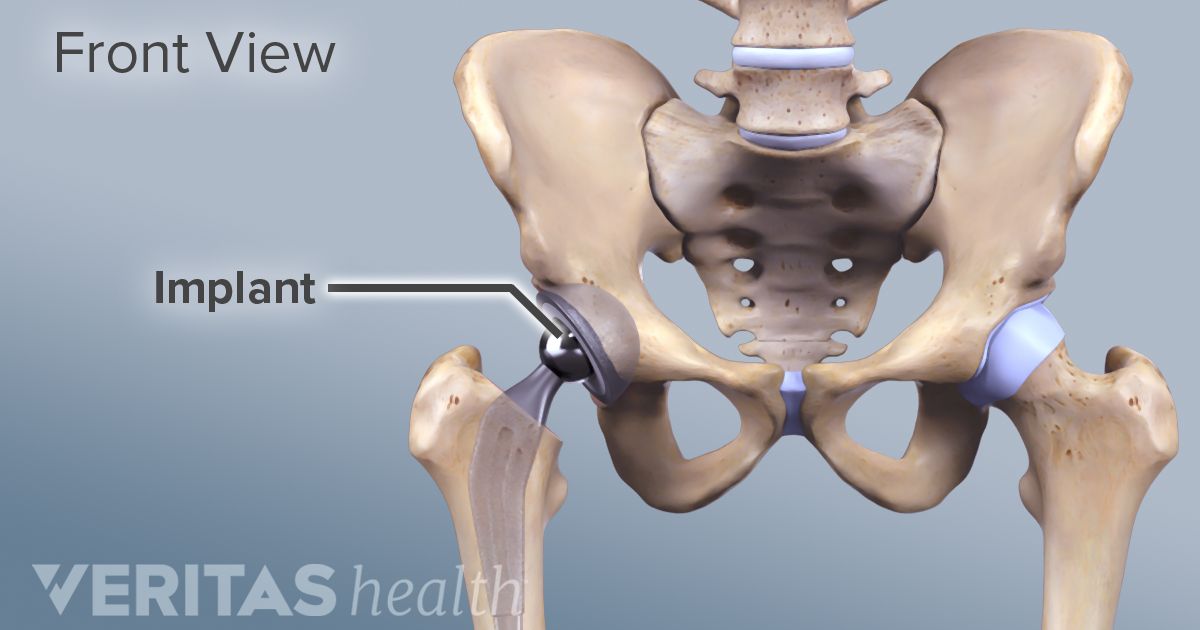All artificial hip implants carry risks including wear of the component material.
Metal hip replacement failure symptoms.
These devices are made from a blend of several metals including chromium cobalt nickel titanium and molybdenum.
Reports of patient reactions to these ions have spurred the fda to order the 21 makers of these devices to perform new.
Many of the symptoms of hip replacement failure may be confused with what a patient believes is a normal effect of the device.
Signs and symptoms of hip replacement failure.
Hip implant loosening is an issue because a hip replacement revision surgery a procedure to place a new implant is a much more difficult operation than the initial one.
After revision operations patients tend to recover less overall motion of the joint.
Metallosis is a type of metal poisoning that can occur as a side effect of joint replacement devices with metal components such as metal on metal hip replacements or other metal implants.
Metal on metal hip replacements release metal ions into the bloodstream.
Metal on metal mom hip implants have unique risks in addition to the general risks of all hip implants.
The most common include infection loose prosthesis tendonitis hip replacement failure dislocation metal ions prosthesis fracture and the wrong diagnosis.

